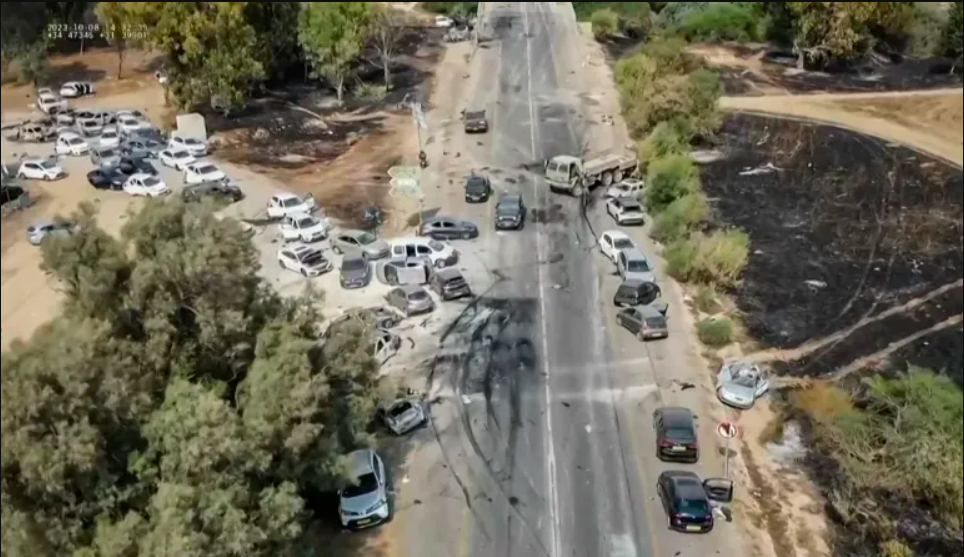
Published 04/22/2024 14:34
The political scene in Israel was shaken by the unexpected resignation of Major General Aharon Haliva, head of the country’s military intelligence, amid the repercussions of the deadly surprise attack carried out by Hamas. Haliva became the first senior official to take blame for the failures that led to the attack and chose to step down, casting a shadow over Israel’s military and political leadership.
Haliva’s resignation was officially announced by the military General Staff, which recognized her contribution and thanked her for her service. This action puts pressure on other high-ranking figures in Israel’s national security, possibly setting the stage for more resignations amid growing public dissatisfaction and the need for accountability.
Haliva, who had taken responsibility for the failure to prevent the attack, expressed his disappointment at not having successfully carried out the mission assigned to his military intelligence division. In his resignation letter, he shared the emotional burden he had carried since the day of the attack and stated that he will carry the pain of war with him forever.
Haliva is not alone in his shared responsibility. The head of the Shin Bet, Israel’s internal security services, also took personal blame for the October 7 fiasco, characterizing it as a huge failure of both intelligence and the military in general. Reports reveal that Israel was aware of imminent threats, including the detailed plan called the “Jericho Wall”, but ignored warning signs, including warnings from Egypt, underestimating the Palestinian resistance’s ability to launch an attack of such scale.
The October 2023 surprise attack, which resulted in the deaths of more than a thousand Israelis and the capture of hundreds, deeply shook Israel’s sense of security and called into question the effectiveness of the country’s defenses. Military observers had warned about possible Hamas activities, including accurate reports on attack plans, but these warnings were ignored by the highest levels of the military and government.
The timing of Haliva’s resignation raises questions about the role of Prime Minister Benjamin Netanyahu, who has yet to publicly accept responsibility for the attack. Meanwhile, opposition leaders such as Yair Lapid praised Haliva’s decision and pressured Netanyahu to follow suit.
Political analysts suggest the dismissal is a clear criticism of Prime Minister Netanyahu, who has so far refused to take responsibility for the attack. Haliva’s move aims to pressure Netanyahu to follow suit and acknowledge his failures, especially amid the ongoing war in Gaza.
The resignation points to a broader crisis within Israeli intelligence, highlighting not only the intelligence failures in October but also the lack of foresight regarding the possible Iranian response to regional events. Haliva’s resignation also increases pressure on other members of the war cabinet, such as Benny Gantz and Gadi Eisenkot, while energizing anti-government protests.
Haliva’s resignation comes at a time of continued conflict with the Palestinian resistance in Gaza and Lebanon, as well as heightened tensions with Iran. Responsibilities that should only occur “after the war” erupt because there is no expectation that Netanyahu will be able to overcome the conflict so soon. While the country is still in the midst of these challenges, Haliva’s resignation highlights the need for accountability and reform within Israel’s security and leadership structures.
Source: vermelho.org.br

